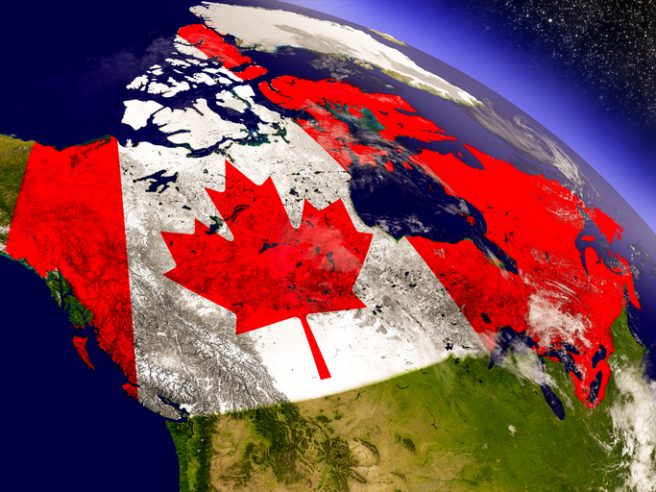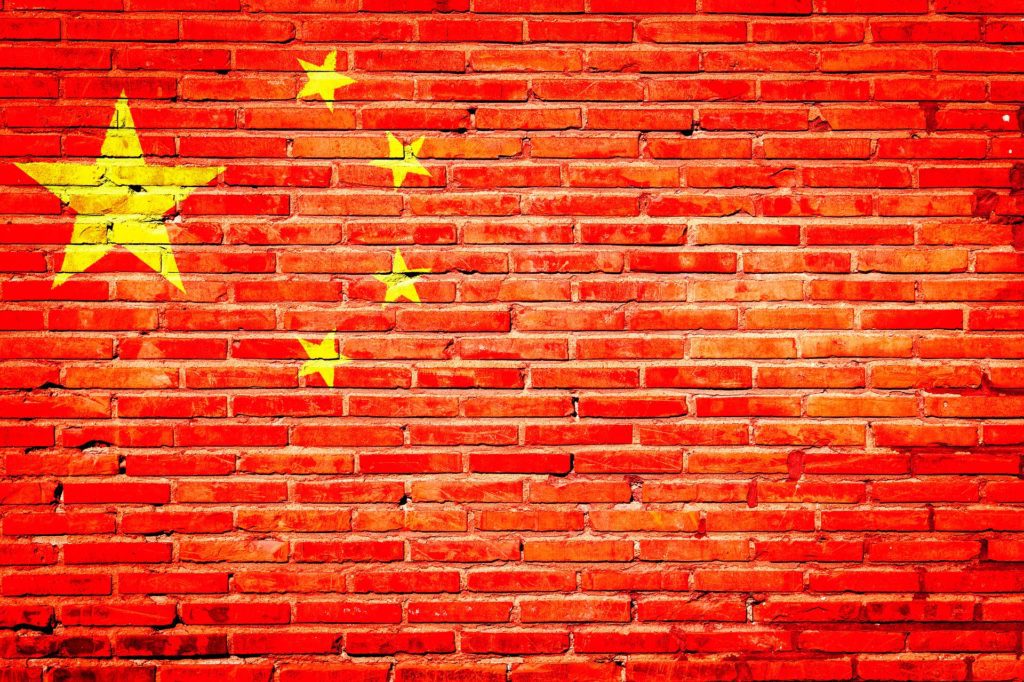
Trade tensions between the United States and Canada have never been higher — a dramatic reversal from an 80-year history of successive trade agreements aimed to lower tariffs and increase trade between these two neighbours. Tensions rose when the United States decided to renegotiate the North American Free Trade Agreement (NAFTA).
They increased further when the United States enacted steel and aluminum tariffs and refused to exempt Canada. In turn, Canada responded with reciprocal tariffs on U.S. goods.
For the United States, these tariffs have two goals: protect America’s national security and change Chinese business practices. The net result is an international trading landscape that is more protectionist than the world has seen in generations. Already, businesses and consumers are seeing both the short and long-term implications of these policies.
To prevail in this environment, companies should follow a four-step preparedness schedule.
- Step 1 — Model your company’s global imports and exports to determine the impact of tariffs
- Step 2 — Strategize company specific opportunities to mitigate or avoid the impact of tariffs
- Step 3 —Implement short and long-term strategies
- Step 4 — Collect data on tactical changes, monitor tariffs, and continuously update the model with new information
These steps are crucial to succeeding in the current trade space. Why?
The first and most obvious effect of tariffs is higher production and sale costs caused by tariffs and counter-tariffs imposed on seed equipment and planting seed. In the spring, the United States government enacted tariffs on seed planters and seed cleaning equipment from China. Then in the summer, they announced a 25 per cent tariff on planting seed imported from China.
The United States imports over $100 million of vegetable and flower seeds from China. Therefore, importers must pay an additional $25 million at the port of entry. Then they export $40 million in vegetable seed to Canada, which could result in higher seed prices for Canadian producers.
Seed companies must confront declining domestic markets because of reduced international demand for livestock, grain, and produce grown within the United States. The USDA’s Foreign Agricultural Service states that the Top 5 markets for U.S. agricultural goods in 2017 were Canada (US$20.5 billion), China (US$19.6 billion), Mexico (US$18.6 billion), Japan (US$11.9 billion) and the European Union (US$11.5 billion). Each of these countries has placed counter-tariffs on U.S. goods, including agriculture products.
With exports declining, U.S. producers will plant fewer acres and require less seed. Similarly, if Canadian producers cannot sell vegetables back to U.S. consumers, they will purchase less seed.
Non-tariff trade barriers are increasing while opportunities to resolve these issues diplomatically are becoming more limited. Compared to other commodities, the seed industry has long and complicated supply chains making these issues more pronounced. Seed moves globally for research and development, multiplication and testing and commercial sales.
At each production stage, seed companies face short shipping and planting windows, which are missed when customs officials conduct additional tests, have processing delays, or reject shipments at the port of entry. Precommercial seed delays ripple through research programs, slowing release of new varieties. Delays in seed production or commercial shipping mean farmers cannot plant on time. These situations are devastating for seed companies and the farmers that depend on the seed.
In times of strong diplomatic relations, companies and governments work together to resolve trade barriers and improve market conditions. Exporting seed to Canadian growers increases the market share of American seed companies. Buying American seed benefits Canadian growers, who profit from selling grain and produce. This incentivizes both governments to remove trade barriers.
However, when communication breaks down at the highest levels, technical issues cannot be resolved, harming both industries. Deteriorating relations are a major threat for companies in both countries with the ongoing NAFTA talks and the possibility of additional tariffs.
—Klieger is president of the Boston-based Stratagerm Consulting, helping companies in the ag space to increase agility and minimize risk in the current trade environment













